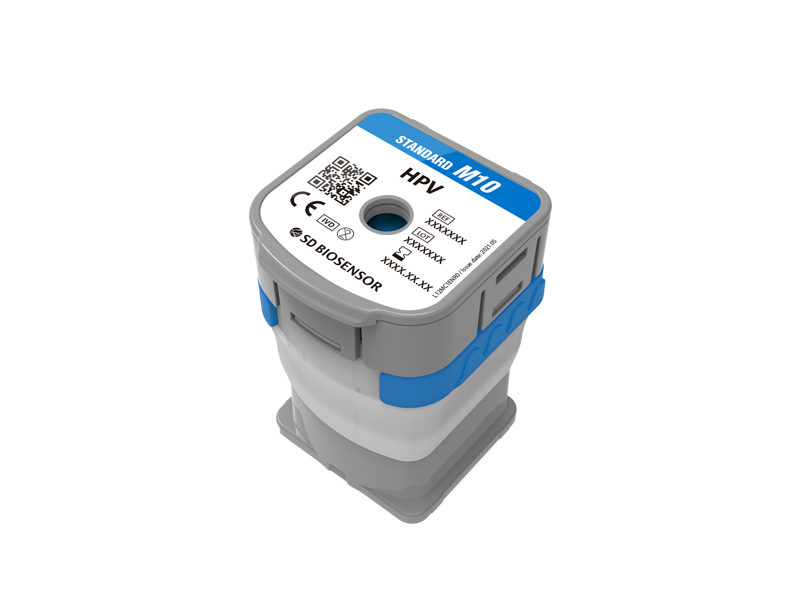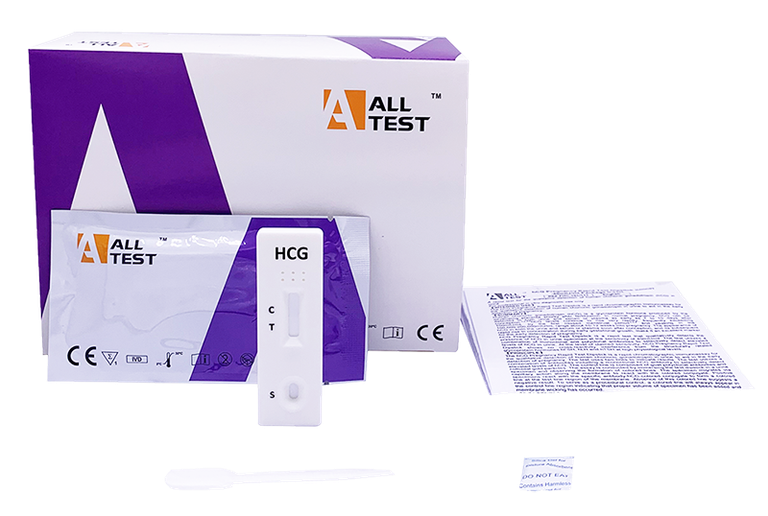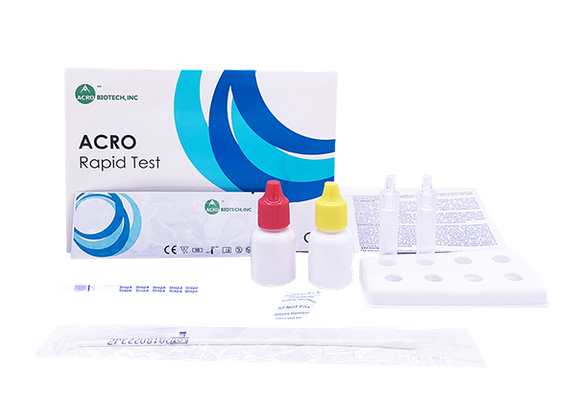STANDARD M10 HPV
The STANDARD M10 HPV test is a multiplex real-time PCR test intended for use with STANDARD M10 system for the qualitative detection of Human papillomavirus (HPV) DNA in cervical swab collected from individuals suspected of HPV infection by their healthcare provider.

Introduction
The STANDARD M10 HPV test is a multiplex real-time PCR test intended for use with STANDARD M10 system for the qualitative detection of Human papillomavirus (HPV) DNA in cervical swab collected from individuals suspected of HPV infection by their healthcare provider.
The STANDARD M10 HPV separately detects genotypes 16, 18 and reports 12 high-risk HPV types (i.e., 31, 33, 35, 39, 45, 51, 52, 56, 58, 59, 66 and 68) in a pooled result. Results are for the identification of 14 high-risk HPV DNA. Positive results are indicative of the presence of HPV DNA; clinical correlation with patient history and other diagnostic information is necessary to determine patient infection status.
The STANDARD M10 HPV can assess the presence or absence of HPV genotypes 16, 18 and 12 high-risk HPV types. Positive results do not rule out bacterial infection or co-infection with other viruses. The agent detected may not be the definite cause of disease.
Negative results do not preclude HPV infection and should not be used as the sole basis for treatment or other patient management decisions. Negative results must be combined with clinical observations, patient history, and epidemiological information. The STANDARD M10 HPV test is intended to be performed by trained users in both laboratory and near-patient testing settings.
Generally
The STANDARD M10 HPV test includes reagents for the detection of DNA from HPV in cervical cells. The cartridge is present to control for adequate processing of the sample and qPCR reaction. The STANDARD M10 HPV cartridge is a disposable plastic device that allows performance of fully automated molecular assays by containing all reagents required for the test. Within the cartridge, multiple steps are automatically performed in sequence using pneumatic pressure to transfer samples and fluids via the chamber to their intended destinations.
STANDARD M10 tests are used in combination with STANDARD M10 system consisting of a console (user interface) and one or more modules (cartridge analysis function). The system is a modular random access platform which can be easily scaled with up to 8 modules, offering a customized throughput.
Easy and simple test workflow
- All-in-one cartridge (nucleic acid extraction and PCR amplification)
- Minimal hands-on time, results available in 64 min
- Intuitive touch screen user interface
- Automated result interpretation, amplification curves provided
STANDARD M10 benefits
- Versatile and flexible solution ― suitable for any healthcare settings
- RT-PCR technology in one system
- Multiplex capability, with up to 11 targets + internal control
- Random access, scalable with up to 8 modules
Technical data
Products available | SD BIOSENSOR STANDARD M10 HPV Test |
Use | For in vitro diagnostic use |
Method | Real-time PCR amplification |
Sample type | Cervical swab |
Instrument information | 155067 SD BIOSENSOR STANDARD M10 CONSOLE155068 SD BIOSENSOR STANDARD M10 MODULE |
Time to result | 64 minutes |
Reading of the result | Automatic |
Storage | Between +2 and +28 oC |
Sensitivity | 100% (25/25, 95% CI: 86.28% to 100.00%) |
Specificity | 100% (25/25, 95% CI: 86.28% to 100.00%) |
Transportation | Between +2 and +28oC |
Additionally needed | STANDARD M10 instrumentation, STANDARD M10 STI Sample Pretreatment Kit, Sample collection tool |
Country of origin | South Korea |
Registration | CE IVDD |
About HPV
HPV infection is caused by human papillomavirus, a DNA virus from the Papillomaviridae family. HPV are transmitted by skin-to-skin contact and sexual contact. HPV infection results in either warts or precancerous lesions. These lesions increase the risk of cancer of the cervix, vulva, vagina, penis, anus, mouth.
Human papillomavirus is small double-stranded circular DNA virus. The circular genome is approximately 7.9 kb. Currently, there are more than 100 different known HPV genotypes that have been grouped into low-risk and high-risk categories. Nearly all cervical cancer is due to HPV; two strains, HPV 16, and HPV 18, account for 70% of cases.


